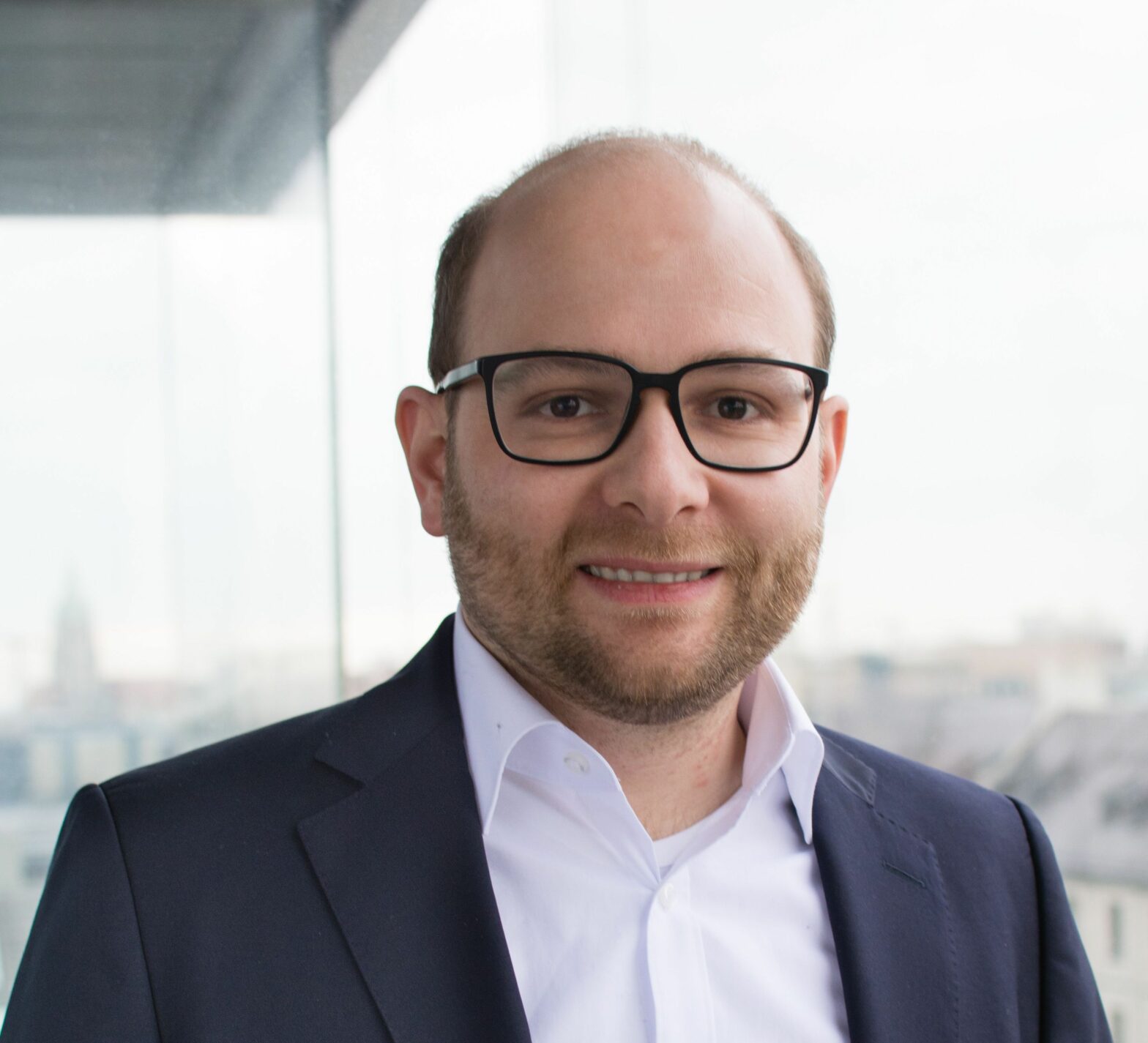Bastian Nominacher, co-founder and co-CEO of German big data firm Celonis has raised millions in investment which he believes can make company IT systems more efficient. Here he explains why creating a vision for your company is just as important as investor funding.
Tell us more about the company. What is its vision?
I launched Celonis in 2011, along with my co-founders Alexander Rinke and Martin Klenk, while we were all students at the Technical University of Munich. We were working on a consulting project for a prominent German broadcaster, and our task was to improve their IT service management processes. The consulting approach to process improvement was still largely manual at the time, and to get an idea of how the business was really functioning we were heavily reliant on traditional practices like in-person interviews and workshops, which are time-consuming and can be impacted by human bias. The “eureka” moment came when we realised that every user action within the business was being recorded within the IT systems in the form of event-logs, and we knew that there were academic theories on how this log data could be used to uncover how an organisation was truly functioning. With our combined backgrounds in strategy, business, and computer engineering, we knew that we had the right combination of people to build a software solution that could leverage that log data into actionable information, and in that moment, Celonis was born.
Fast forward to 2015, and Celonis was named as Germany’s fastest growing technology company in Deloitte’s 2015 Fast50 Ranking. Our goal is to help organisations of all sizes accelerate digital transformation efforts and improve operational efficiency by visualising their processes in real-time and providing proactive recommendations for improvement. This helps them to become data-driven businesses and root out inefficiencies quickly, leading to significant savings. Celonis works with many of the world’s largest enterprises across 15 industries and 25 countries, including Vodafone, Siemens, Unilever and BMW.
How much initial investment did the company need to start and where did it come from?
There is a bit of an obsession with funding, and although investment is certainly important for growth, our outlook is that businesses should prioritise driving customer value. Our choice to bootstrap meant that we focused heavily on proving our solution’s value with real customers, and so we started with just €12,500 and ultimately became profitable within a year.
How did the latest round of investment come about?
In 2016, the company raised $27.5 million in Series A funding led by Accel and 83North. We were already fully profitable, and our revenues had reached a point where venture capital firms were beginning to take notice. When it was time to make the jump to the North American market, we found ourselves in a position to take advantage of our situation, and we were thrilled to partner with the renowned firms Accel and 83North.
Who was involved in the investment process and what do scale-up companies need to be aware of to ensure an efficient fundraise?
One critical consideration when talking to investors is the total value that you’ll receive, and that’s not limited strictly to financial interests. We wanted to partner with the firms that offered the best expertise, network and supported our strategic long-term vision. It’s easy to be tempted by big investment offers, but it’s important not to be blinded by dollars, and to keep your priorities in mind. A fundraise should be efficient, but also effective, and that means you cannot prioritise dollars over vision.
What will the money be used for?
The Series A funding was primarily used to further our global expansion, and the company now has over 350 staff across five locations (Munich, New York, Raleigh, Miami, and the Netherlands). We were in the enviable position of achieving profitability before seeking funding, which meant that our cost base was always well within our control. The international expansion also scaled excellently; we were told to expect operational losses for up to three years, but ultimately we didn’t even operate at a loss for more than three months, which I think speaks to the quality of our people and product.
What specific advice would you give to scale-up companies seeking to follow the same route of investment?
First and foremost, surround yourself with a high-quality team that can deliver quickly and reliably, ensuring there is only a very slim margin for error. There is an expression “culture eats strategy for breakfast,” and we try to live by this by prioritising attitude and a “can-do” team spirit. It’s important to implement a hiring strategy that emphasises traditional valuable qualities, but it’s equally important to focus on recruiting diverse talent from a wide variety of backgrounds, because that way you end up with an inclusive environment and a broader set of perspectives.
In terms of cash flow, scale-ups must focus on providing more than a great idea, or even a great product. Businesses need to focus heavily on delivering high value to the customer, and on meeting real-world needs. This sort of focus will ensure they can recoup costs quickly by delivering value, and decrease dependence on investment.
Further reading on entrepreneurs
Entrepreneur interview: CEO and founder of Laser Wire Solutions, Paul Taylor






